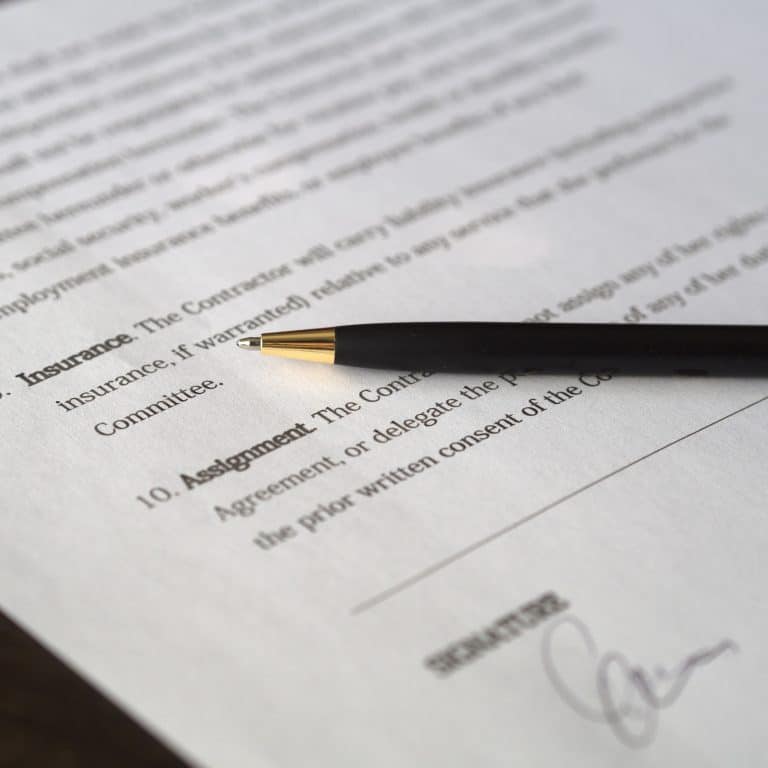In this discussion our litigation lawyer provides his tips to homeowners for managing a build or renovation project to minimise the risk of conflicts with their builders; and how to handle things if issues do arise.
Please note that this conversation is general in nature and that the information discussed should not be taken as legal advice. You should always seek professional advice specific to your situation.
Jennifer Cavanagh (JC): So, Dom, as a homeowner, why is it important to understand the legals of building and construction right now?
Dominic Brunet (DB): It’s relevant at the moment because the government grants that came out last year in relation to the home builder grants for that $25,000 and $15,000 have influenced a massive increase in residential building throughout Australia, particularly in Queensland. As a result, we’re getting a lot more enquiries coming in about residential construction contracts and we’re seeing common themes and questions arise with people wanting to know their rights and the best way to proceed. Because of that demand, it’s a good time to touch base and just refresh everyone as to what they should be looking for when doing a knockdown, rebuild, renovation or new home build.
(JC): Thanks Dom. So, getting into answering some of those homeowner queries, what should people be aware of in terms of their own, and their builder’s, obligations when it comes to a home construction project?
(DB): The first port of call is to read the contract. A lot of building contracts are in plain English so you should be able to ascertain what you’re responsible for and what the builder is responsible for just by reading it. Every contract is different and there are key timeframes for things such as finance due dates, obtaining building approvals, making payments to the builder and site start dates. It’s important that you read over it to make sure you know what you’re supposed to do.
Then one of the common pitfalls that we see, doing what we do, is that a lot of the time homeowners don’t have their contracts reviewed by lawyers. It’s not until the build’s halfway through and they’re in a fight with the builder about something that’s come up, whether it’s a defect or a payment dispute or progress of the works, then they come and see us. But by the time that happens, the contracts have already been signed upon by both parties and we can’t negotiate terms whilst it’s on foot. Once that line’s signed, you’re essentially locked into it. So, one of the suggestions that we always give to our clients is that they provide us a copy of the draft contract and full copies of their plans and specifications as to what’s being built, so that way, we can have a high level overview of the contract as a whole to make sure it obviously protects your interests. We can then raise any red flags with you, and it gives us the opportunity to make some minor amendments, depending on the attitude of the builder as well. But all this needs to be done before you sign the contract.
(JC): Okay so if I’m a homeowner and I’m on the front foot, read my contract and had it reviewed, and I understand what I’m in for. What should I then do if I think my builder is in breach of the contract?
(DB): Communication with builders – particularly at the moment given how busy the industry is – is key. If you’ve got any concerns, the best thing to do first is to pick up the phone and raise your concerns with the site supervisor or person who’s overseeing your build. Don’t take an adversarial approach, just raise your concerns and see what their response is.
If you still think that they are in breach, I suggest that you come and see us or speak to your lawyer about the ways you believe the builder is in breach of the contract. A lot of contracts these days are very particular on what the builder’s obligations are and just because you think they are in breach, it doesn’t necessarily mean that they actually are. There are certain things you must satisfy to establish those things as well.
So just pick up the phone and have a chat to your lawyer. Make sure you’ve got your facts straight about dates and timeframes, the way things happened, what you discussed with the builders and email chains to that effect as well, to make it easier for advice to be provided.
(JC): I’m hearing paperwork and communication are key points throughout this conversation.
So then to reverse that scenario, what should you do if you’re on the receiving end of legal proceedings, of a builder alleging that you’re in breach of the contract?
(DB): If you’re on the receiving end, and you get a legal notice from a builder such as notice to remedy breach or notice of dispute, it’s important that you have a look at it to make sure that it’s (a) factually correct, and (b) that it’s been issued correctly. A lot of the time things such as notices to show cause, or notices to remedy breach, are a prerequisite to the builder terminating the contract. So those things need to be looked at seriously. And once again you do need to get on the front foot and engage a lawyer or seek legal advice as soon as possible, because most of the time you only have a couple of weeks to rectify that before you’re in breach and the builder terminates and says, “see you later”, which exposes you to a whole range of potential damages and compensation you have to pay to the builder.
There are multiple ways to deal with disputes under a contract. They can be mediated, you can have closed discussions to try and resolve certain issues. You can potentially put a complaint in to the QBCC or file proceedings in the Queensland Civil and Administrative Tribunal. It’s not a one-size-fits-all scenario. Every scenario is different based on its facts and circumstances and the advice will be tailored to your particular circumstances at that particular time.
(JC): To round out the conversation, what are some of your key tips then for homeowners who are building or renovating their home, to help ensure it all goes smoothly?
(DB): To break it down into some simple takeaway points, I’d say:
- Get a copy of all your plans, your draft contract and specifications, provide them to your lawyer to have a high-level overview before you sign anything.
- Make sure you have a good read of it all to make sure that you understand what you’re supposed to provide and what you’re supposed to do by certain dates, for example, finance approvals, building approvals, and all that kind of stuff.
- Don’t sign a contract until you’re happy with its terms.
- If you are on the receiving end of any legal correspondence from a builder or builder’s lawyers, get all your supporting documents together as soon as possible and speak to your lawyer, due to critical timeframes that arise.
- And likewise, if you think you need to take some action against the builder or see what your options are, then reach out to your legal adviser as well, because you need to make sure you do it properly. There are certain notice requirements on the contracts, certain documents are to be provided. So once again, make sure you’ve got all your paperwork together and seek legal advice in that respect before you do anything to make sure you’re doing it correctly.
(JC): Thank you, Dom, thanks for your time today and those helpful tips.
If you have any further questions regarding your building contract or the issues we’ve discussed today, you can contact us on 07 3223 6100.



